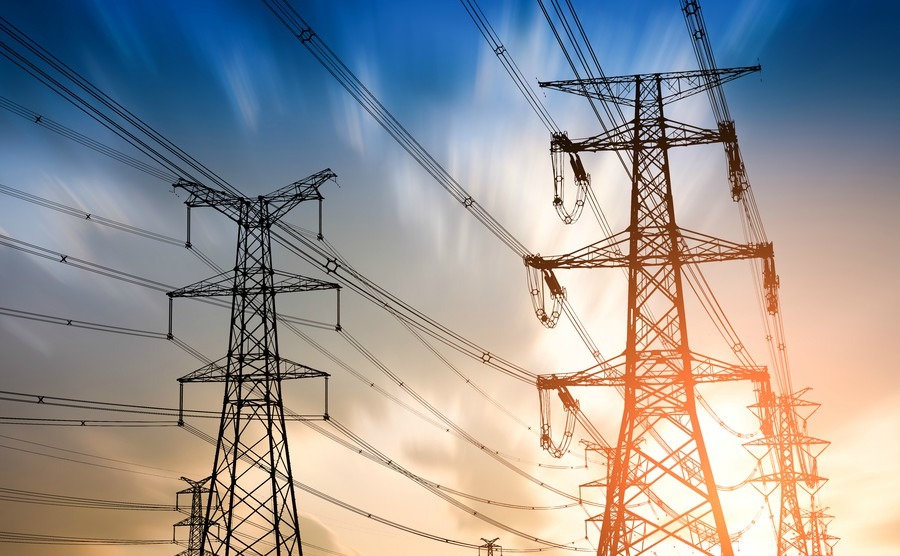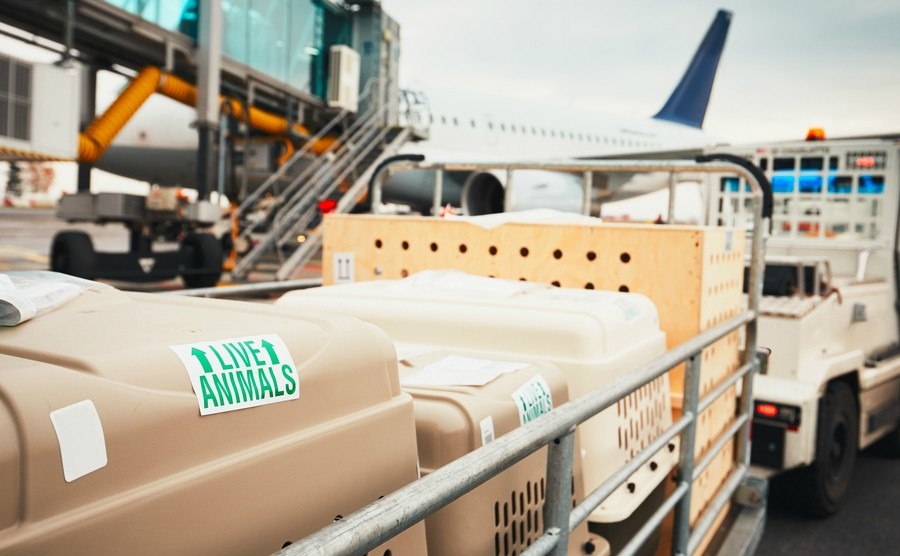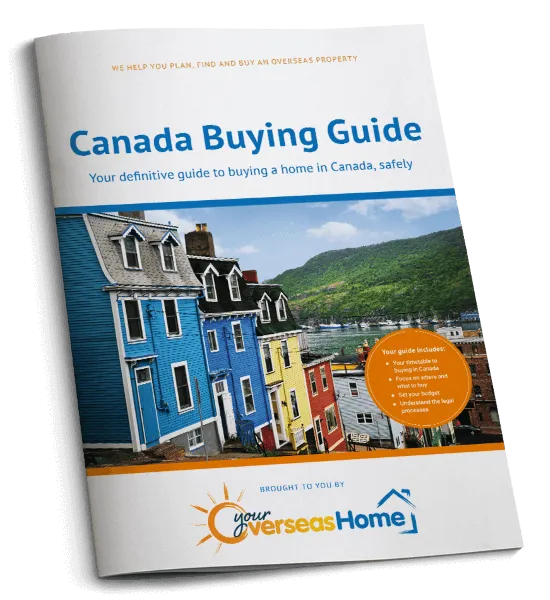Tops tips for settling in to life in Canada
We offer up a few suggestions that will help you to settle into your life in Canada far quicker.
Emigrating to another country, even an English-speaking, is a big step, and will definitely take a little getting used to. Each country has small differences that you might not have been expecting that might leave you missing home. Here we reveal our top tips for settling in:
Delve into the history, customs and culture of Canada. This will teach you how things operate, and why, and when you have that information; everything will feel a little more familiar.
1 – Get clued up
To know Canada is the right country for you and your family, conduct a little research and plan a visit prior to making the leap. Delve into the history, customs and culture of Canada. This will teach you how things operate, and why. When you understand how things work, everything will feel a little more familiar. Get the whole family involved in this research process, especially the children. A move abroad is a big step, if they can see that they will be able to enjoy excellent activities, and visit certain attractions, they will be more eager to make the move. The more you can prepare yourself, the less alienated you’ll feel when you arrive.
2 – Revel in the new
If you up sticks and move across an ocean, you’d expect there to be some differences now wouldn’t you? Of course! This fresh start, somewhere new and exciting, is why you wanted to make the move in the first place. Embrace the unfamiliarity and use it as a topic when you strike up conversations with your new neighbours. Learning how things operate is a fun part of the process. Don’t allow yourself to get too caught up thinking that you should know how everything works right away.
3 – Be active
It’s important to set up a bit of a routine, for both yourself and your kids. Think of the activities you enjoyed back home, and then set about integrating them into your life in Canada. If you enjoyed yoga twice a week, go to yoga twice a week. If your little ones took tennis lessons, find them a tennis coach. It’s important to be proactive about finding the things that make you happy, and it’s these environments which are perfect for meeting like-minded people.

Finding local expats is key to battling homesickness and embracing the Canadian culture
4 – Smile and chat!
This seems like an obvious one, but where possible always smile and chat to people that you meet, be that your neighbour or someone you bump into at the supermarket. You never know who you’ll get chatting to, and friendships begin in the strangest of places – don’t be afraid to say hello, introduce yourself, and let people know that you’re new in town. Canadians are a friendly bunch – who knows what you might end up getting invited to.
5 – Make time for your loved ones
One of the major causes of homesickness is not being able to chat to the people you’re missing. Fortunately we live in a time when this needn’t be a problem. Make sure that you are signed up to fantastic free services like Skype and WhatsApp. These enable you to communicate with loved ones as though they are just down the road.
How to find tradespeople
Unless you’ve bought off-plan or a new build, chances are that your Canadian property might need a little work, even if that is just a fresh lick of paint, or getting someone in to look at the electrics. Where possible, try to employ the services of someone local. They will have local knowledge about rules, regulations, and the best building materials, plus feeding money back into the community will be looked upon favourably. To seek out the right person, ask your neighbour, read the local newspaper, look online for local tradesmen, or ask around at your children’s school.
Finding work
If you’ve already secured a job in Canada, congratulations! Should you be hoping to find something upon arrival, before you go you must establish where the best job opportunities can be found for your skill set. A country retreat out in Saskatchewan might be just what you want, but are there ample job opportunities in the region? It’s never too early to start your job search, or to place yourself on the radar of potential employers. Make contact whilst still back in the UK. Who knows, they could end up helping you to secure your visa, and might even offer a relocation package if your skills are just what they are after.
A country retreat out in Saskatchewan might be just what you want, but are there ample job opportunities in the region?
If you’re planning on finding work once you’re a little more settled, remember how important it is to network. Chat to everyone you meet in your local community, your children’s school, and your exercise classes about what skills you have, and don’t be afraid to ask whether people have any contacts that can help. People like feeling useful, and if they know someone, they’ll surely put you in touch. Finding work is hard, so be prepared to put in a little groundwork to find the life you’re seeking.

Organising utilities is one of the first things to sort out when moving
Getting connected
Often when people emigrate to Canada, they will rent in the first instance. Chances are high that the property you rent will already be connected to essential utilities like electricity, gas, and water. When the time comes to connect your utilities yourself, fortunately it isn’t too much hard work:
Electricity
The province authorities are in charge of regulating electricity companies and issuing them with licenses. Depending on which province you’re located in, there’s a chance you could have a little bit of choice between providers, or none at all. One thing to note – electricity in Canada is often referred to as ‘hydro’, which refers to the fact that much of the energy is generated by hydroelectric power. In a couple of regions, your property might be powered by fossil fuels (Saskatchewan and Alberta), and in some by nuclear power (Ontario).
Connecting is simple enough – you simply contact the provider. They will request proof of address and ID. As an expat you might be asked to provide proof of your visa, and you might have to pay a deposit for the connection. The process should be relatively quick and pain-free.
Gas
Canadian homes tend to be heated by gas or oil, and mains gas is available in most provinces bar Newfoundland, Nova Scotia, Nunavut, Yukon, and the NW Territories. If you are moving to any of these, you will have to buy bottled gas. Each province has its own provider of gas, which means you don’t get to choose. Again, connecting is straightforward – you call the provider, supply the supporting documentation, and the gas is switched on. In some instances you can expect to pay a small deposit, and you might be asked to supply proof of residency status, and credit history. There may be a connection fee, but this depends on the provider, and whether you are close to a gas main.
Water
To connect your property to the water, you will need to get in touch with the water department of your provincial government. You should expect to be asked for proof of address, ID, and in some instances, copies of your visa. Water is very reasonably priced in Canada, and is drinkable straight from the tap in all but the most remote provinces.
Internet and TV
When it comes to connecting to the Internet, you’ll have the choice between national providers like Bell and Rogers, who both offer TV, Internet and mobile packages, or you can opt for a provincial provider. Although most of Canada is able to receive wireless broadband, it’s worth asking around if you’re moving to a rural location about which provider offers the best service. Much like the UK, all providers will offer a range of packages, so shop around to find the most competitive price for a package that suits your needs. To get connected you will need to sign a service agreement, which might involve providing ID, utility bills, a credit check, and a small deposit. Connections are usually up and running within a week.

Bringing your pets with you ought to be an easy process
Transporting your pets
The Canadian Food Inspection Agency are responsible for dealing with those who want to import pets. You will be able to import cats, dogs, reptiles, birds, horses, rabbits, insects, fish, and rodents. Certain vaccinations are a requirement, but thankfully there is no quarantine period required when you touch down in Canada.
For a more detailed breakdown on all of these matters, and for further tips on settling in, download your free copy of the Canada Buying Guide today.

The Canada Buying Guide takes you through each stage of the property buying process, with practical recommendations from our experts who have been through the process themselves. The guide will help you to:

